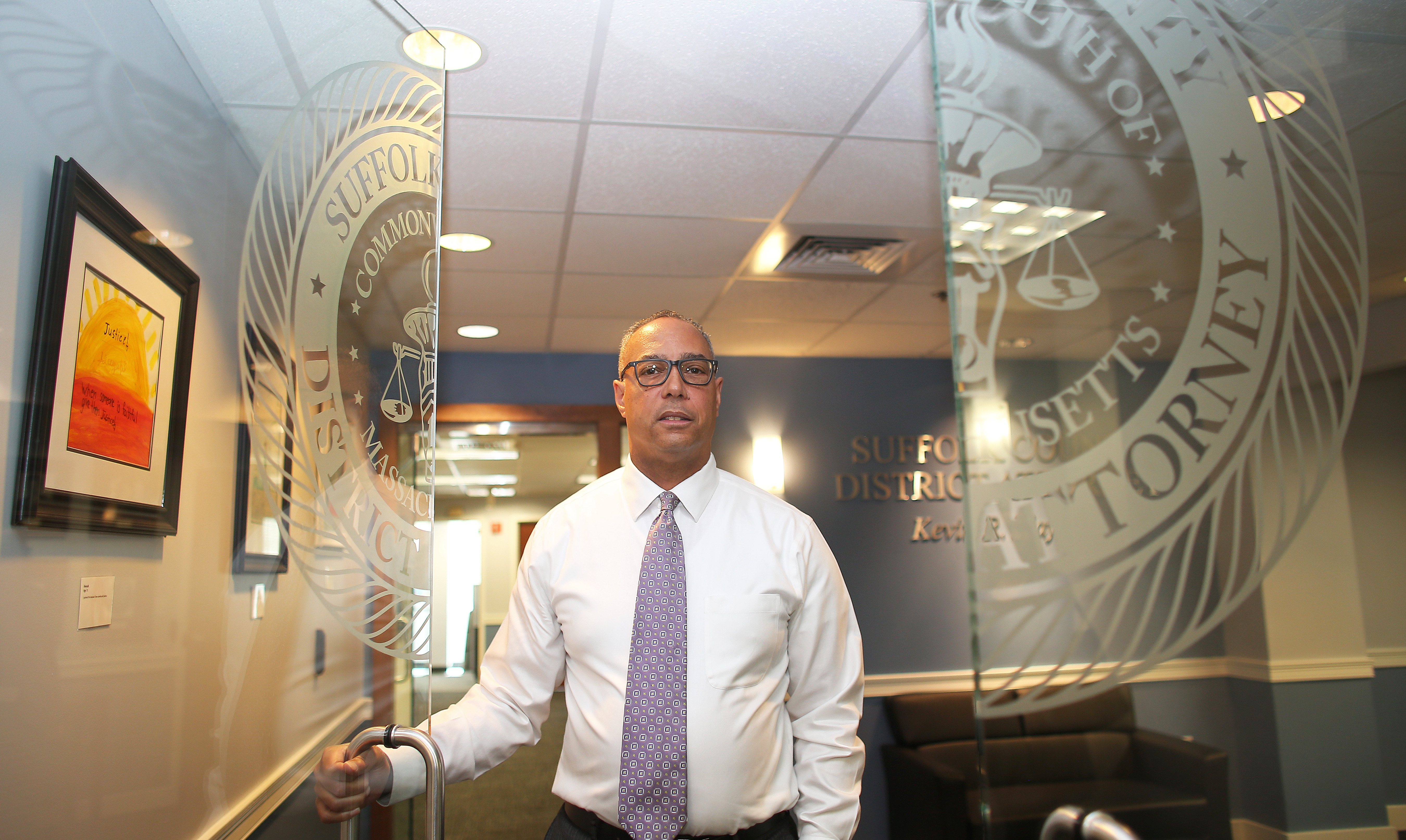Economists with Wilbur Smith Associates who looked at the economic impact of Boston’s Logan International Airport concluded last year it supports nearly 95,000 jobs and $9 billion in economic activity.
So why, protesters asked Wednesday, are so many people who do the important but unglamorous work of cleaning jetliners, moving passengers in wheelchairs, and getting luggage to terminal carousels working at poverty-level wages with lousy health and retirement benefits?
Extending its campaign to unionize fast-food workers and get them a $15 hourly wage and to unionize part-time “adjunct’’ college professors, the Service Employees International Union rallied Wednesday morning and outside South Station at midday. As has been SEIU’s practice, they described it as a “strike,” although it was unclear how many people protesting actually work for the companies targeted by the SEIU protests.
“Workers want to join the union, they want to organize, they want a path to a better life,’’ said Roxana Rivera, vice president of the SEIU 32BJ unit. Complaining that their employers, Irving, Texas-based G2 Secure Staff and ReadyJet Inc. of Cleverdale, N.Y., have tried to squelch union activity, Rivera said, “We feel that at the airport, all workers should be able to come together and speak freely about what’s happening at the airport, and come together and even organize for a union.’’
A woman who answered the phone at G2 said “we know” about the Logan protests but “we have no comment.” She said she was not authorized to give her name. NECN left a message with a man who answered the phone at ReadyJet but got no response before this segment was broadcast and published on the Web. The companies provide a range of outsourced services for airlines such as American, Delta, JetBlue, Southwest, and United, according to Rivera.
Massport spokeswoman Jennifer Mehigan said: “Massport believes all workers should make a fair wage and experience acceptable working conditions. Last fall, the Board approved a measure to accelerate the minimum wage payments for some private service companies at the airport by $1 a full year ahead of state law. The increase was designed to allow front line workers to keep their jobs and reduce turnover. Massport has also been meeting regularly with the SEIU since late 2011 on labor issues involving private service companies that do business with airlines operating at Boston Logan International Airport. The meetings have produced significant results including letters to private service companies working at the airport regarding allegations raised on worker discrimination, federal and state wage and safety law compliance, and retaliation related to worker attendance at Massport Board meetings, self-organization and union bargaining rights. Massport will continue to take labor allegations seriously and resolve issues that affect the airport workforce.’’
Massport’s board has the legal authority to set a higher minimum wage for companies operating at the airport than what state law allows. When they adopted the accelerated wage schedule last October, Massport directors noted in language accompanying the vote that they believed it would improve security for passengers and airlines: “The public interest is served when low-wage service employers at an airport have a stable workforce to perform those services, because workers employed at an airport for substantial periods of time acquire valuable skills and knowledge of the airport environment, its rhythm and its peculiar needs … Long-term employees who become increasingly familiar with the airport environment over time are better able to recognize anomalies in that environment that might signal an imminent safety or security event. The overall benefits of such wage standards, therefore, include the promotion of higher levels of safety and security in the working environment as well as enhanced quality of service for the traveling public.’’
Massachusetts
The latest news from around the state
Boston City Councilor Tito Jackson, who spoke to protesters at the South Station rally, said: “Massport can do more. I look forward to them leading, not following.’’
Even with the increase in wages from $9 to $10 for employees at the very lowest rungs of the pay ladder, Rivera said: “Unfortunately, the workers are still living in poverty.’’
With videographer Marc Jackson



